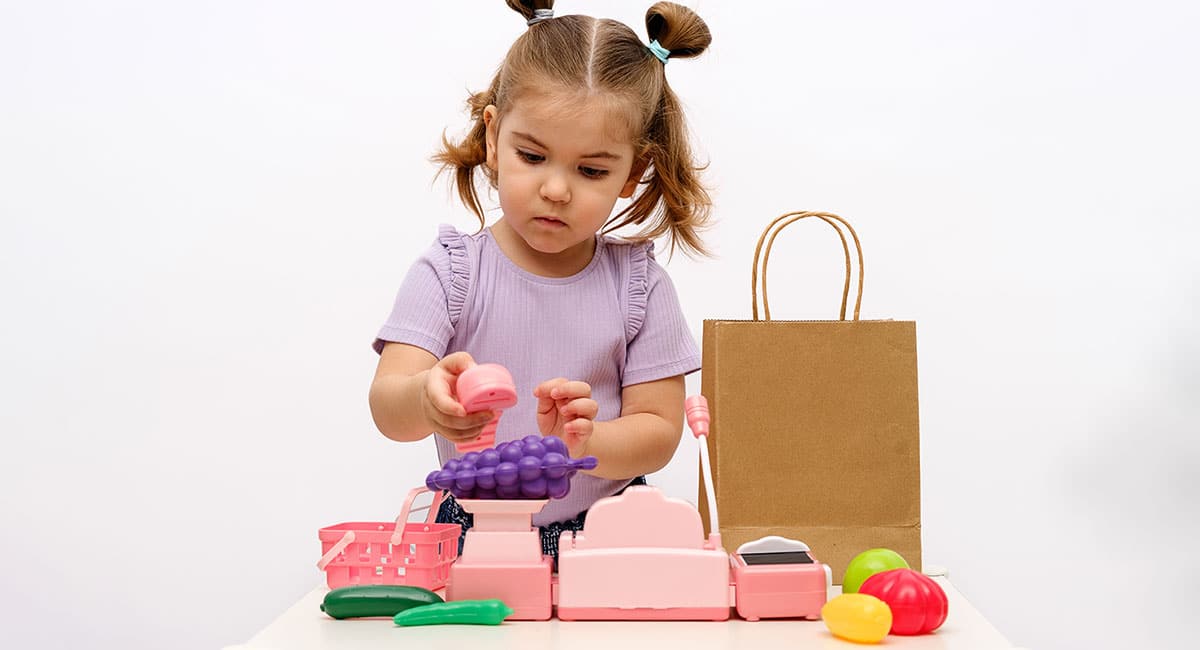Parenting — especially newborn parenting — can be exhausting. If you have a child that rarely sleeps or struggles to sleep through the night it can be rough.
A lot of parents become quite the expert at coping with sleep deprivation. While your child’s difficult sleeping patterns get better (eventually), there are some practical things you can do to cope with exhaustion in the meantime.
Here are our top strategies for when you’re not getting enough rest.
Sleeping rough
If you feel exhausted because your little one is waking up throughout the night, or you’ve been jolted from your dream state by a toddler standing by your bed, you’re not alone. However, parents shouldn’t underestimate the importance of getting adequate rest. A lack of sleep can cause overwhelming feelings of exhaustion and desperation.
It is almost impossible to function when you haven’t had enough sleep. A severe lack of sleep can be linked to health issues such as obesity, diabetes and heart disease. You can have trouble concentrating, which can lead to poor work function, and there are also risks to the safety of those around you.
Studies show that sleep deprivation and exhaustion can be compared to drunk driving. While all of us wouldn’t dream of driving after a few too many glasses of wine, there are those who are still prepared to get behind the wheel when they are exhausted. Doing so can have devastating consequences.
There is plenty of scientific evidence explaining the importance of young children’s sleep. However, there is little data about parents and sleep. The reality is many parents just don’t get enough.
Get the sleep you need
The poor quality of your sleep begins before your baby is born. A full bladder, trying to find a comfortable resting position, indigestion, your baby indulging in gymnastics on the inside … The list of challenges a pregnant woman faces when it comes to sleep is extensive.
Sleep deprivation becomes a dreaded part of motherhood few women can bypass. This can affect parents of newborns, preschoolers and teenagers.
It’s not just mothers who suffer either. When one person in the house doesn’t get enough rest and is constantly exhausted, the entire family will feel it. Getting enough shut eye is important for your mental health, your physical health, your quality of life and your safety.
Here are some of the benefits of a good night’s sleep:
- It helps your brain function and emotional wellbeing. It can improve your learning, concentration, decision making and creativity.
- You are less likely to experience mood swings, feel sad or depressed, and lack motivation.
- Your heart and blood vessels are able to repair and heal.
- The risk of obesity is lower in people who get good sleep.
- The balance of hormones is maintained.
- Your immune system remains healthy.
Signs and symptoms of sleep deprivation
Not getting enough sleep can cause you to feel tired during the day. You may not feel refreshed and alert when you wake up. Sleep deprivation also can interfere with work, school, driving, and social functioning.
If you feel dozy during the day, it can be a sign that you are not getting enough rest. Though, there are other ways you can tell you’re sleep deprived:
- You nod off while sitting and reading, or watching the television
- Sitting and talking to someone makes you feel tired
- You feel like you could doze while sitting in traffic for a few minutes
- Driving in a car for an hour without stopping makes you sleepy.
(It’s important to note that the signs and symptoms of sleep deprivation in adults can be different to what children experience.)
Strategies to help you get more sleep
Improving your sleep habits can be done in little steps. The first, and most obvious, step is to allow enough time for you to sleep. You might notice a change in your mood (you’ll be happier) and your productivity (you’ll get more done each day and will be more focused when doing it).
To help improve your sleep, it might also be beneficial to:
- go to bed early as often as you can, especially when you have young kids.
- nap when you can, better still if your kids are sleeping, sleep when they do
- swap with your partner should they can be around on weekends, especially if it proves difficult to sleep during the week due to endless home responsibilities
- ask a friend or relative if they can help
- find a bedtime ritual that works for your and stick to it
- refrain from using any electronic devices before you go to bed
- remember that diet and exercise is on par with the need for sleep
- put aside the long To-Do list and get the extra sleep instead.
- seek help from a professional before the problem worsens.
Think of what your sleep is costing you!
Cheryl – The Sleep Coach
Zzz
Cheryl Fingleson is a paediatric sleep consultant. As a mother of two, she very well knows the feelings of agony and desperation when you have a child that struggles to settle and sleep. She doesn’t believe in leaving babies or children to cry it out, nor in the practices of controlled crying. Her approach is to empower parents with the right tools and techniques to teach their babies and children to go to sleep calmly, happily and independently. For more tips and advice, please visit www.thesleepcoach.com.au.
RELATED:
The shock of becoming a new mum
10 reasons that babies wake at night
Care in the postpartum period



